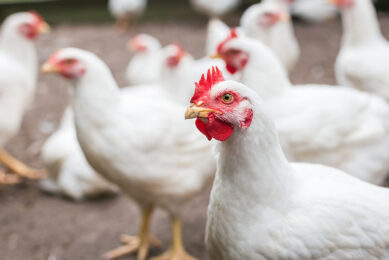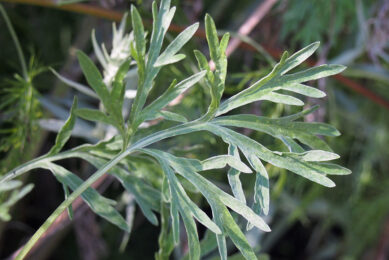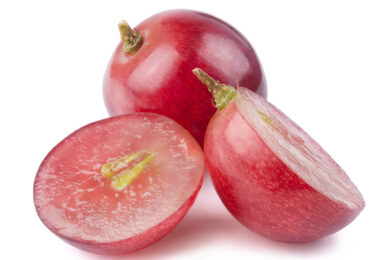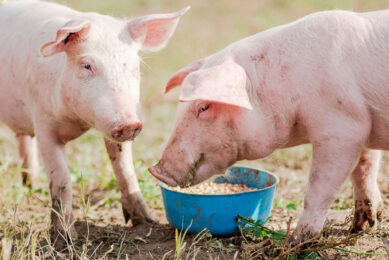Phytogenics: Sustainability under challenging conditions
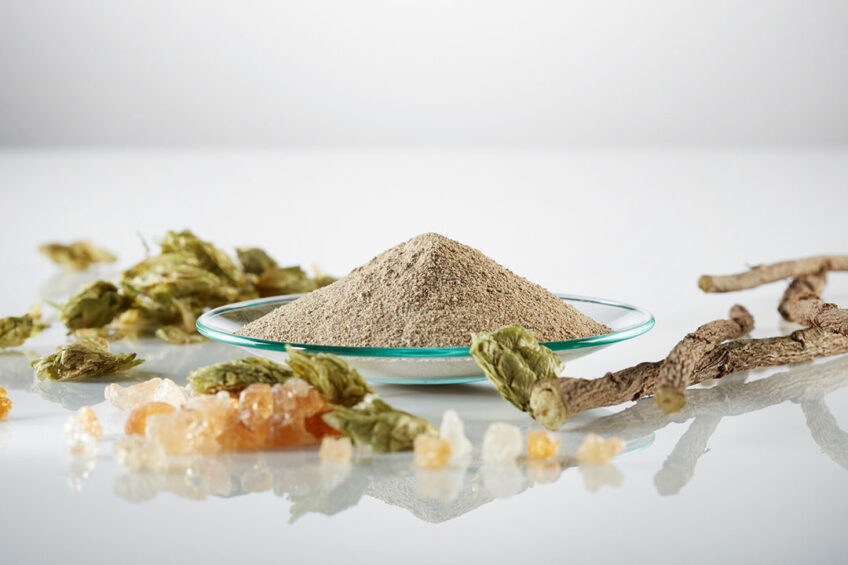
The increased demand for animal protein due to the rising population requires innovative ways to exclude the burdens exerted on the food system. Phytogenic feed additives offer a profitable and sustainable solution to promote production output.
Poultry production is the fastest growing sector of the livestock industry and plays a critical role in food safety and nutrition. Yet we must not forget the environmental, societal, and economic burden that comes with rising poultry production. Future poultry product demand will be reformed by climate change, ethical concerns, socio-cultural factors and others. Thus all stakeholders along the value chain must ensure innovative and sustainable ways of addressing these drivers.
Feed efficiency
Sustainability is a hot topic in the public discourse. Whenever it is mentioned, environmental impact is the first thing that comes to mind. Feed is responsible for over 60% of the environmental footprint in poultry production, followed by manure management. High-quality feed is essential for meeting the nutritional demands of poultry birds. Nutrient imbalances in poultry feed compromise gut health integrity, leading to inflammation, excessive nutrient excretion, ammonia formation and increased litter moisture, which is one of the causes of footpad lesions. The efficiency with which feed is converted to body weight provides not only economic value but also reduces the environmental footprint in poultry production. Feed efficiency is further ensured by increasing nutrient digestibility and absorption, as the production of healthy birds takes considerably less feed. Investments in phytogenics which improve animal welfare and feed efficiency therefore are an investment in sustainability and productivity.
Better way to success
When it comes to customers’ demands, the awareness for animal welfare and health is rising, which poses additional requirements that must be met for poultry products. For decades, antibiotic growth promoters (AGP) were used as a safe bet to reduce infections and support profitability. Nowadays, the awareness of the dangers that AGPs pose is widespread as they alter the natural intestinal flora of animals and give rise to antibiotic-resistant germs. Here, phytogenic feed additives play an additional role in stimulating birds’ immune systems, making them more resistant to diseases and promoting a healthy gut. Together, these positively impact the sustainability pillars – environmental, social and economic.
Naturalness = sustainability
Phytogenics are a nature-positive approach to transforming food systems more sustainably. Of the many phytogenics, hops (Humulus lupulus) has long been used in medicine and beer production due to its bitter taste, antimicrobial and preservative properties. It contains lots of phytochemicals. Their specific bioactive compounds inhibit gram-positive bacteria, making it a potential natural alternative to AGP in animal feed. More so, phytogenics can alleviate stress-related problems, reduce inflammation, support the immune system and ultimately improve animals’ performance. Anta Phyt by Dr. Eckel is a typical example. It is a phytogenic formulation containing selected bioactive compounds of hops and other plant-based ingredients that work synergistically to support healthy microflora in the digestive tract. Several studies have shown the beneficial effect of this additive on improving performance parameters such as daily weight gain, feed conversion and animal welfare parameters.
Figure 1 – Anta Phyt can reduce the negative effects of challenging production conditions.
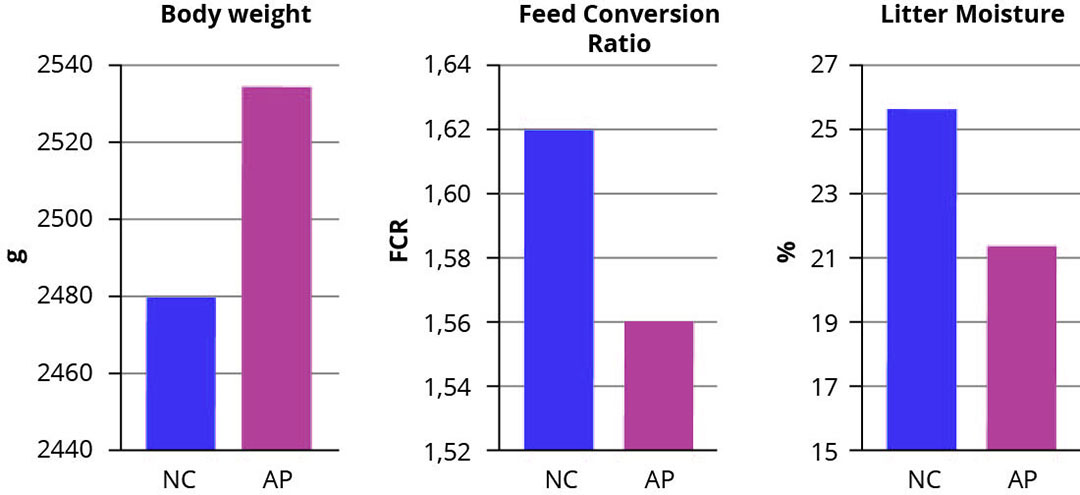
Feeding sustainably
Climate change, poultry immunity and health, consumer confidence, product quality and safety are several factors that challenge the sustainability of the poultry sector. Phytogenics offer many benefits like improved performance and well-being of birds, healthy and safe products for consumers, and protection of the environment in a sustainable manner. A recent trial illustrates these benefits. The trial compared the effectiveness of Anta Phyt (AP) with a negative control diet devoid of any gut health-promoting substance for 42 days in broiler birds. Cyclic heat stress was induced on all the birds through an electrical heating system when the room temperature was maintained at approximately 30°C for at least 6 hours a day from 14 days till harvest. The group of birds that received the phytogenic recorded better growth and FCR than the negative control group. The continuous feeding with AP throughout the rearing period lead to a final weight of more than 2 kg and an additional gain of 55 g than the NC group (Figure 1). In addition, the litter moisture in the group that received AP was lower than in the NC group.
Your ally against performance losses
The results of this trial indicate that Anta Phyt can reduce the negative effects of challenging production conditions, such as lower body weight and higher feed conversion rate. It is therefore a reliable tool to alleviate the effects of challenging production conditions and sustain performance and gut health stability in commercially reared broiler chickens.



